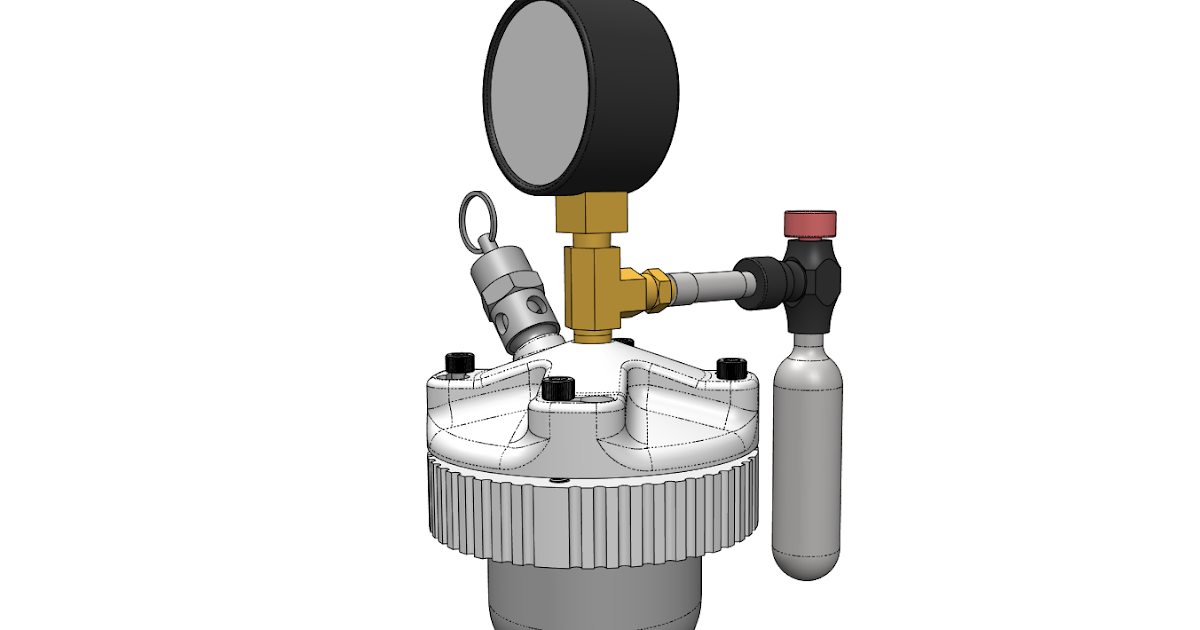- cross-posted to:
- [email protected]
- [email protected]
- [email protected]
- cross-posted to:
- [email protected]
- [email protected]
- [email protected]
High pressure, high forces, long lever arms…all of that meant heavy and strong (read: expensive) parts which I was not looking forward to having to fabricate. Instead, I settled on the simpler idea of harnessing the power of compressed gas. Instead of using a high mechanical advantage lever to push a piston, compressed CO2 would be dispensed from a small and inexpensive 12g or 16g cartridge which would then generate the requisite pressure to properly extract espresso. This concept is not actually novel; both an unsuccessful kickstarter and a now-defunct handheld espresso maker (with a fanatical user base) employed this mechanism.



It would be really cool if you could use a compressed air tank that you can recharge with a bike pump. Something like this has a max of 200psi and is refillable with a shrader valve. More upfront cost but but you don’t have to buy CO2 cartridges.
You don’t even need an external bike pump; there are pocket espresso machines which use a built-in pump to fill a pressurised reservoir.
I think part of the appeal of the espresso maker this guy DIYed is that it has no pump/electrical components. Less points of failure and cheaper to make, cost seems to be a driving factor in his design. A bike pump is a fairly common thing for someone to own.